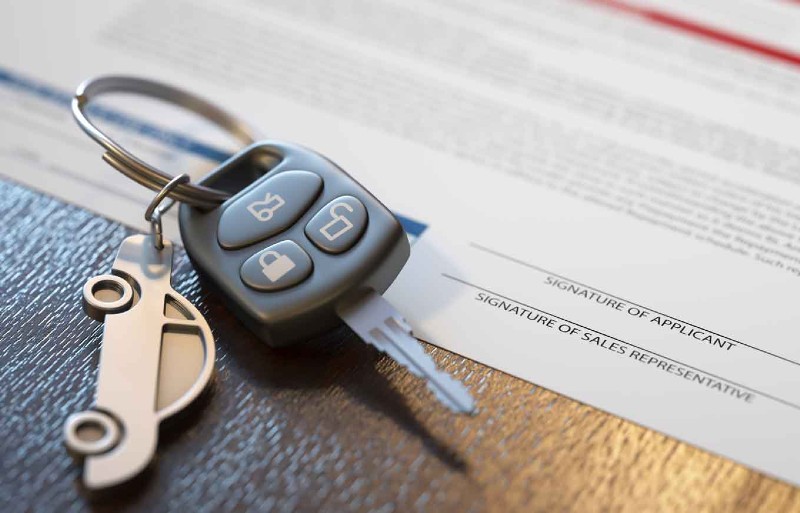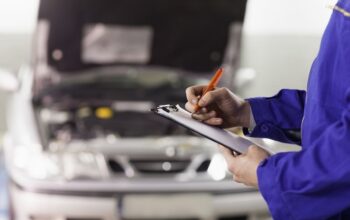Purchasing or selling a used exotic vehicle requires much more than just walking into the dealership, choosing a model and setting the payment, like picking up a zero km. After all, no used car is the same, even when it comes to the same model. This is because each vehicle has a specific history in the hands of different owners, affecting the state of conservation of the property in different ways.
It is an excellent deal if you want to Sell My Exotic Car Atlanta. Of course, the process is more complicated and requires more attention due to the amount of things you have to pay attention to, such as documentation, accident history, exterior and interior inspection and even the sensible and professional opinion of a trusted mechanic.
Check documentation and consistency of information
This is a very important part of this list. Pay attention to the consistency of information such as:
The chassis number marked on the car must be the same as that stated on the documentation and on other parts of the vehicle — driver’s door, under the passenger seat and on the engine
The mileage indicated on the panel consistent with that of the advertisement
The date on the license plate of the car must be identical to the one informed in the year of manufacture
Pay attention to the aesthetic inspection
You need to be aware of everything. Neglecting a good look at the car can frustrate you to discover damage after purchase. To avoid a headache, do this on a sunny day. Night and rain can make up details that will surely be discovered later.
Start by evaluating the paint. The task here is to look for imperfections that aren’t inherent to use — such as scratches on the hood caused by boulders — but rather to focus on bubbles, areas of rust, or remnants of plastic putty that could point to the car’s involvement in an accident. Upholstery and cladding are next. It is also valid to extend this look to the fabric of the roof and doors, as well as coverings with a lot of wear, such as the handle and the steering wheel. While still inside the vehicle, check for a rusty area under the mat.
Call a mechanic for a mechanical inspection
Here comes the importance of bringing your trusted mechanic into the car evaluation. Even if you have a shallow understanding of what goes on in an engine, delegating that assessment to someone with experience can only help.
- Damage or cracks in rubbers and hoses
- Belt wear
- Wear and misalignment of transmission pulleys
- Leakage of water or oil from reservoirs
Stay very tuned during the test drive
This is often the moment of truth. After all, there is nothing like driving a car to understand its conservation. Assess whether there are any extraneous sounds when shooting. Check the behavior of the brakes (noises and poor braking), as well as the travel of the pedals. Test all electrical controls—headlights, wipers, trunk openings, locks, windows, alarm. Assess the folding of the seats, as well as the seat belts. Test the air conditioner.




